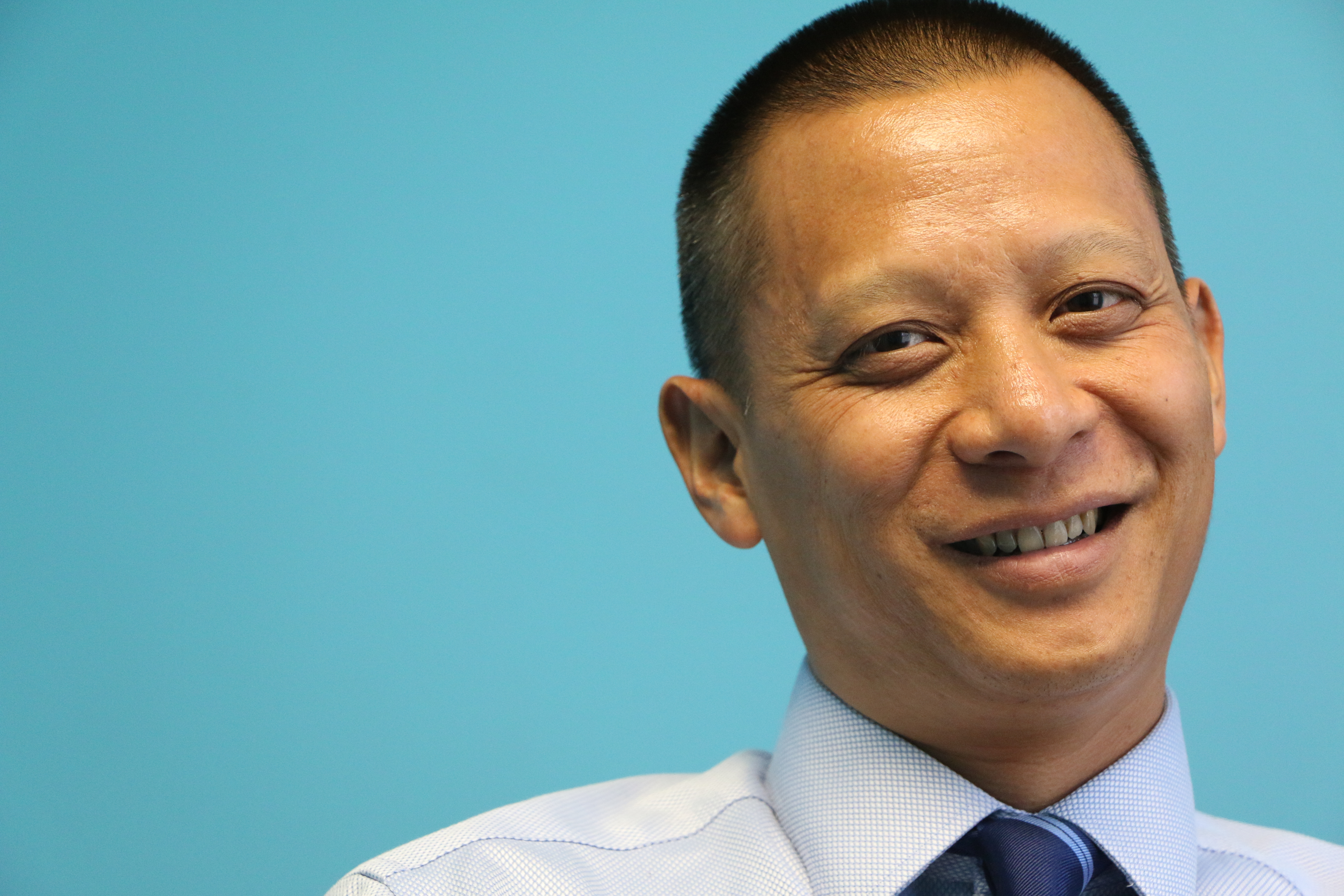Blog

Changing Lives through Psychiatry
May 17, 2018On April 26th Dr. Van Yu, the Chief Medical Officer of Janian Medical Care, our signature health care program, sat on a panel hosted by the New York District Branch of the American Psychiatric Association. He and the other panelists discussed how to empower a community to approach challenges in mental health care. We sat down with him to learn more about the event and how it impacted him.
Tell us a bit about the panel.
The panel was fun! The three psychiatrist on the panel, Dr. Bipin Subedi, MD., the Medical Director at Rikers, Dr. Stephanie Lemelle, MD., the Director of the Columbia Public Psychiatry Fellowship, and myself, all told our stories to depict how we got to where we are in our careers and how we are now making a difference in the world as psychiatrists. There were about 25 attendees, mostly early career psychiatrists and a handful of later career psychiatrists.
What did you share with the audience?
I spoke a lot about my motivation to be a psychiatrist. My original motivation wasn’t necessarily to do good in the world. Psychiatry was just what I found the most interesting in medical school. It’s only in the last five or so years that I’ve become aware of how much the doing-good and social justice aspects of psychiatry are important to me. The issue of social justice feels meaningful to me, and I’ve started to think about what role my work can play in it. The panel gave me a chance to discuss that.
What sort of questions came up during the discussion?
One audience member asked us if we had any regrets in our careers. All three of us said essentially the same thing — which was no. I thought that was really interesting. If someone asked us ten years ago what we would be doing today, I don’t think any of us would have said what we are currently doing. I didn’t foresee working at CUCS, but for every step that led me here, I can look back and see my choices and know I would make them all over again. I think all three of us have similar stories in this sense and followed work we cared about and found interesting.
Was there anything you would have liked to discuss further?
I wish somebody would have given us a situation and asked how we would have handled it. All of us on the panel are further along in our careers and over time have had to handle challenging situations. I would’ve loved to have had the opportunity to help someone work through a situation in relation to their work. Also, a question like that would’ve let me to learn from my fellow panelists. All of us do very similar things in our own different ways so it would have been interesting to see what each one of us would have said.
What do you think were the big takeaways for the audience?
The similarities between the three different stories. The three of us followed our own interests and made choices that felt right. We chose roles that would become impactful. I always tell people to never choose a job based on money, you have your whole career to make money. Particularly with that first job, you should choose something where you will have fun and learn. I think that is true for everything, not just psychiatry.
Is there anything else you would have said at the panel that you didn’t have the opportunity to say?
If you are going to be a psychiatrist today, you can really make a difference in people’s lives. You have to ask yourself, if you are not going into this profession to make an impact, why are you doing it? Certainly for the first part of my career, I was making choices for myself and the good I was doing was a bonus. Now, I’m very grateful that the work I was doing was helpful for people all along. I feel so fortunate that I’m in this position now where I can keep doing good, and it can be the explicit, number one reason I come to work in the morning. So I think it’s worth your while to ask yourself, what good could I be doing and if I’m not doing it well, why is that? Be intentional.
